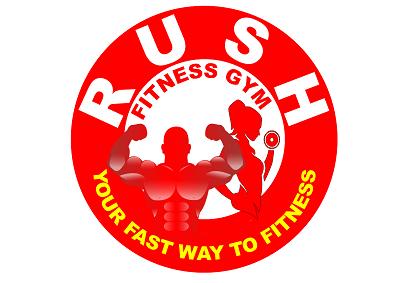
Our addiction to work and the internet is slowly wearing us down, and with that it’s dragging down our ability to think clearly and creatively.
Luckily there is the help at hand, and thankfully it comes in the form of food. Here are seven great foods that can get your brain back on track.
1. Seeds
Seeds, namely pumpkin and sunflower seeds, are fantastic sources of vitamin, with a quarter of a cup of the latter containing over 60% of your recommended daily allowance.
What’s the benefit of eating a food so rich in vitamin E? People with diets rich in the vitamin have been shown to have 67% less chance of developing Alzheimer’s disease in later life, and could even reduce or prevent brain damage in stroke victims.
Our tip: Sprinkle sunflower seeds on top of your salad and fried vegetables.
2. Avocado
Great news for the fans of the creamy fruit. Avocado is not only rich in vitamin E, but also in oleic acid. This fatty acid plays a key part in our cognitive power by building myelin in the brain, which helps boost the speed at which information travels in the brain.
Our tip: Crush some avocado on to toast and sprinkle either feta or goat cheese on top.
3. Cinnamon
Perhaps the most unexpected food (well, sort of food) on the list, but the power of this spice can’t be underestimated.
A study found that cinnamon helped improve participants’ performances in memory tests as well as visual-motor tests.
Additionally, cinnamon is high in a powerful antioxidant called manganese. In fact, just two teaspoons contains half of your recommended daily amount. Manganese is vital for good brain health.
Our tip: Sprinkle some on top of your breakfast oats to get your brain going first thing in the morning.
4. Oregano
Another surprise here comes in the form of the beautiful herb, oregano.
In a study in the British Journal of Nutrition, participants who took oregano extract twice daily for five days had noticeable increases in the brain waves associated with better mood and greater relaxation.
These brainwaves (beta-1) are also associated with greater cognitive processing performance and alertness.
Furthermore, the antioxidants present in oregano are greatly associated with protection and neuronal damage.
Our tip: Mix minced oregano into a marinade for chicken before roasting.
5. Sweet potato
Often regarded as a healthier source of carbohydrate than their white counterparts, there is now another fantastic reason to start stocking up on sweet potatoes: Carotenoids.
See, sweet potatoes’ rich orange comes from its abundance of carotenoids. Low levels of this powerful antioxidant are often associated with cognitive decline and impairment, particularly in the elderly, and so it’s thought that higher levels of carotenoids will see the opposite effect.
Our tip: Slice up some sweet potato and mix together with some apple and crushed kale to create a brain-boosting super salad.
6. Green tea
It’s no secret that green tea is good for you, with lower risks of diabetes and various types of cancer attributed to it, and its positive effects on your metabolism and skin complexion.
But now there’s strong evidence that green tea also increases blood flow, and therefore neural activity, in the key areas of the brain responsible for memory, reasoning and comprehension.
Our tip: Skip your morning coffee and have green tea with a bit of lemon to get both your metabolism and brain kick-started.
7. Dark chocolate
Rejoice – there are benefits to eating the dark stuff after all! No longer just the less fatty version of its milk counterpart, dark chocolate has now been proven to boast a string of health benefits, including better brain function.
Dark chocolate’s high flavanol content makes it easier for blood to flow to your brain, and has also been shown to significantly boost test participants’ scores in memory tests.
Our tip: Snack on a couple of squares of dark chocolate as a mid-afternoon snack for a quick kick to your energy and mood levels.
Start introducing these to your diet regularly and you’ll start to feel fresher, energized and inspired in days. Get going and enjoy your life
Source: dumblittleman
Don't forget to like and share!




